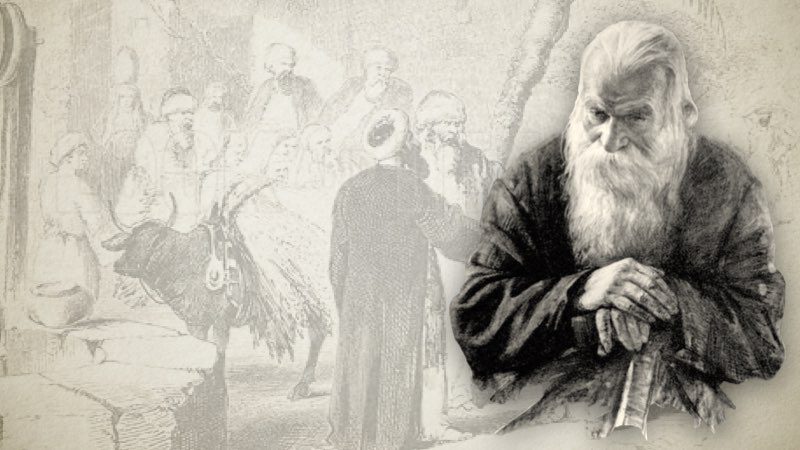
6. An Adoption Of Elders Introduces A New Set Of Problems For The Church
Eldership advocates tend to sing the praises of the many benefits a church receives by appointing a plurality of elders. Seldom do they sound the alarm for the serious problems that arise from the appointment. Baptist historian Dr. Kenneth Dix confessed this was the initiating cause which led him to reject plural elderships—he believed too many churches have jumped on the bandwagon without giving sufficient thought to the inevitable problems arising from an eldership. To name just a few drawbacks:
(1) An eldership creates a monstrous oligarchy. A group of men may be as tyrannical in their governance as a single man— especially when the elite group believes it has a special knowledge of God’s will based on the unanimity of its decision making.
(2) An eldership weakens the pastoral care of the bishop. A bishop has been gifted by the Lord to preach and to lead the flock— his leadership is inhibited when an eldership forces him to filter his governance through them.
(3) An eldership confuses the nature of the pastoral office. The fact that not even the eldership advocates are in full agreement as to who these elders are and what they are responsible to do is sufficient proof of the confusion generated—and it matters not which view is embraced, they are all strewn with scriptural and practical inconsistencies.
(4) An eldership marginalizes the patriarchs and matriarchs in the church. The older men and women of a congregation serve an important function as the unofficial leaders among the younger members—when these truly Biblical elders are replaced with mere elected officials, they are stripped of their honor and rendered lame in their leadership.
(5) An eldership deprives other churches of pastoral care. If elders are recognized as spiritual leaders, how can a single church defend its position by hoarding such men, when so many pastorless sister churches in the local area are in need of just one such leader?
The sixth reason Baptist churches should not appoint elders is because of the problems it introduces to the church. The song of praise for the appointment of elders must be balanced with the sound of alarm. Every system of governance has its virtue and vice. As Dr. Dix advised, churches should carefully consider the number and nature of problems inherent with an eldership before replacing a bishop with an oligarchy.[1] Indeed, such a change would greatly complicate the congregational order of the church. This leads us to the seventh and final reason why Baptist churches should not appoint elders—Baptist churches have historically been led by a bishop with deacons.
——————————-
[1] I received this counsel from Kenneth Dix when seeking his advice on the subject of eldership.
Jared Smith served twenty years as pastor of a Strict and Particular Baptist church in Kensington (London, England). He now serves as an Evangelist in the Philippines, preaching the gospel, organizing churches and training gospel preachers.
Jared Smith's Online Worship Services
Jared Smith's Sermons
Jared Smith on the Gospel Message
Jared Smith on the Biblical Covenants
Jared Smith on 18th Century Covenant Theology (Hyper-Calvinism)
Jared Smith on the Gospel Law
Jared Smith on Bible Doctrine
Jared Smith on Bible Reading
Jared Smith's Hymn Studies
Jared Smith on Eldership
Jared Smith's Studies In Genesis
Jared Smith's Studies in Romans
Jared Smith on Various Issues
Jared Smith, Covenant Baptist Church, Philippines
Jared Smith's Maternal Ancestry (Complete)




